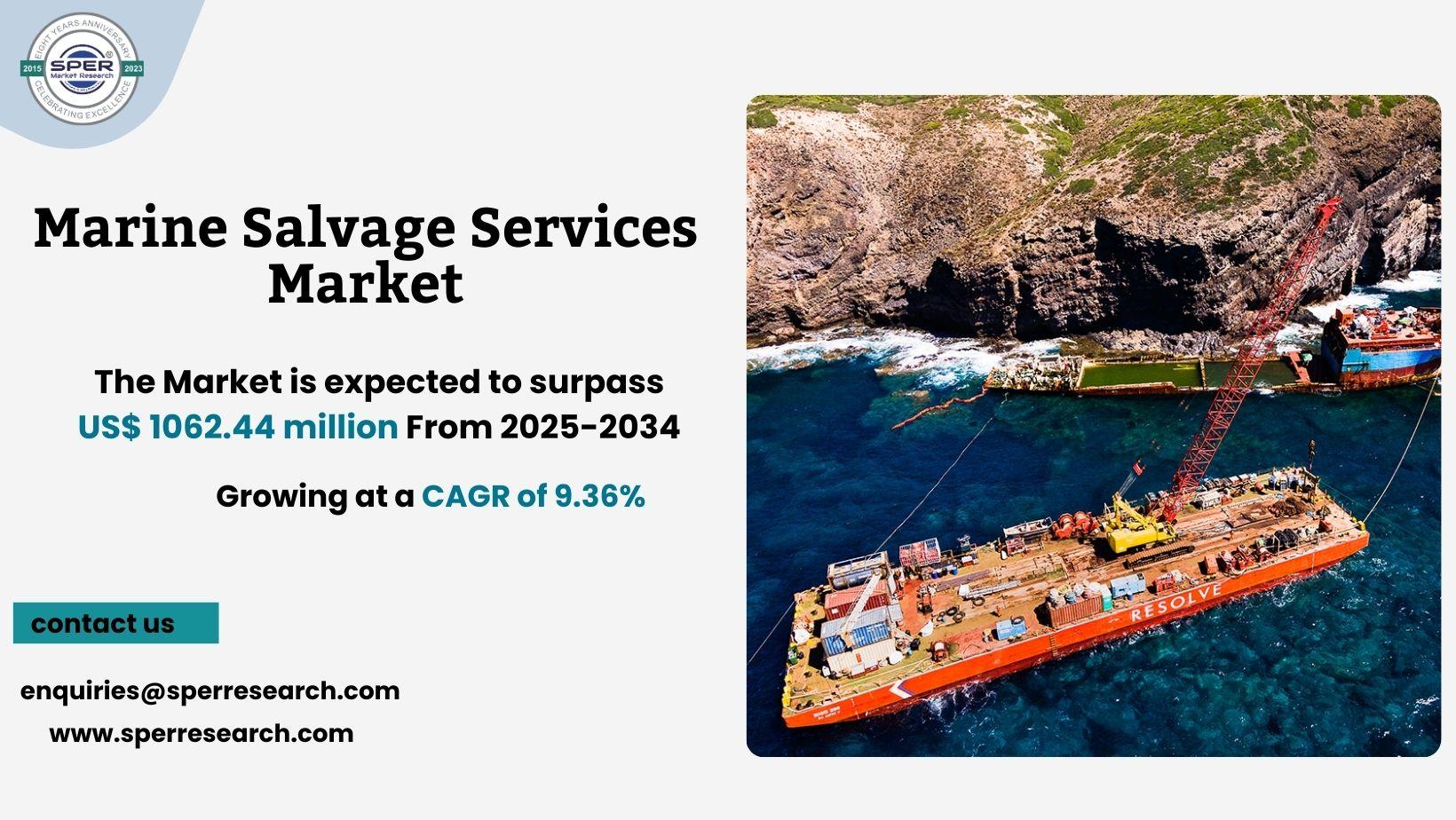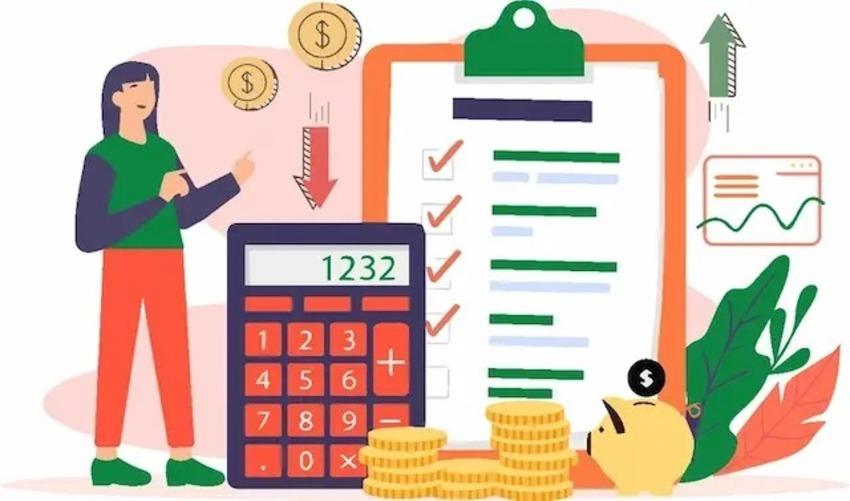Rules for Foreigners Buying EC Real Estate in Singapore

Singapore’s real estate market has always been attractive to investors and homeowners alike, thanks to its stability, infrastructure, and growth potential. Among various property types, Executive Condominiums (ECs) offer a unique blend of public housing affordability and private property benefits. However, for foreigners interested in ECs, there are strict rules and regulations that must be understood before making any investment.
In this blog, we will explore the rules for foreigners buying EC real estate in Singapore, highlighting eligibility, restrictions, financing options, and other key considerations.
Understanding Executive Condominiums (ECs)
Executive Condominiums are hybrid properties developed by private developers but launched with government subsidies. Initially targeted at Singapore citizens, ECs are designed to help middle-income families step into private property ownership.
Key features of ECs include:
-
Private property amenities like gyms, pools, and security.
-
A mix of public housing affordability and private property features.
-
Eligibility restrictions in the early stages to ensure affordability.
Understanding these basics is crucial because foreign investors can only access ECs under certain conditions.
Eligibility Rules for Foreigners
One of the first questions for foreign buyers is whether they can even purchase an EC. The answer is mostly restrictive:
-
Initial Sale Restriction Period
-
ECs are first sold only to Singapore Citizens (SCs) and Singapore Permanent Residents (PRs).
-
Foreigners are not allowed to buy new EC units directly from developers during this period.
-
-
Minimum Occupancy Period (MOP)
-
After completion, EC owners must occupy the unit for five years before selling it on the open market.
-
Only after this MOP can ECs be sold to PRs and foreigners.
-
-
Eligibility After MOP
-
Once the five-year MOP is over, ECs become fully privatized.
-
Foreigners can purchase these units from the resale market but still need to comply with foreign property ownership rules in Singapore.
-
Restrictions on Foreigners
Even after the MOP, foreign buyers face specific restrictions:
-
Type of Property
-
Foreigners can buy ECs in general, but they cannot purchase landed properties (houses with a plot of land) in most areas.
-
ECs are considered non-landed, so this makes them accessible once privatized.
-
-
Financing Limitations
-
Foreigners may face stricter financing rules compared to Singaporeans.
-
Banks often require higher down payments (typically 25%–40% of the purchase price).
-
Loan-to-Value (LTV) ratios are lower for foreigners.
-
-
Additional Buyer’s Stamp Duty (ABSD)
-
Foreign buyers must pay ABSD, which can be a significant percentage of the property price.
-
This makes foreign ownership more costly compared to locals.
-
-
Legal and Regulatory Compliance
-
Foreigners must comply with the Residential Property Act, which governs who can own what type of property.
-
It is mandatory to obtain approval from the Singapore Land Authority for certain transactions.
-
Financing Options for Foreigners
Securing a mortgage as a foreigner is possible but comes with certain conditions:
-
Eligibility for Bank Loans
-
Foreigners can obtain loans from most local banks, but LTV ratios are lower.
-
Banks often require proof of income, employment, and sometimes higher security deposits.
-
-
Down Payment Requirements
-
Foreign buyers may need to pay at least 25%–40% upfront, unlike Singapore citizens who can sometimes pay less.
-
-
Interest Rates and Loan Tenure
-
Interest rates may be slightly higher for foreigners.
-
Loan tenure may also be shorter, typically capped at 20–25 years depending on age and income.
-
-
Stamp Duties and Taxes
-
Apart from ABSD, there is Buyer’s Stamp Duty (BSD) applicable to all buyers.
-
Proper budgeting is essential to avoid financial strain.
-
Tips for Foreigners Considering EC Investments
Investing in ECs as a foreigner can be profitable, but careful planning is crucial. Here are some practical tips:
-
Check the Resale Market
-
Look for ECs that have completed the 5-year MOP, as these are available for foreign buyers.
-
Analyze pricing trends, amenities, and location for long-term value.
-
-
Understand Legal Requirements
-
Engage a real estate lawyer to navigate foreign ownership regulations.
-
Ensure all approvals are obtained before making a purchase.
-
-
Consider Financing Options
-
Compare mortgage offers from multiple banks to find the best LTV and interest rates.
-
Plan for ABSD and BSD payments in advance.
-
-
Evaluate Rental Potential
-
ECs often attract local families, so rental income may be limited to certain segments.
-
Ensure your investment strategy aligns with local rental demand.
-
-
Long-Term Planning
-
ECs are not immediately available to foreigners, so plan investments with a long-term horizon.
-
Consider future property value appreciation and market trends.
-
Advantages of Buying ECs for Foreigners
While restrictions exist, ECs still offer several benefits for foreign buyers:
-
Lower Entry Price: ECs are typically cheaper than private condominiums of similar size and location.
-
Privatized Property After MOP: Once the MOP ends, ECs enjoy the same rights as private properties.
-
High Appreciation Potential: ECs in prime areas often see significant value growth after privatization.
-
Modern Amenities: Access to private condo facilities like swimming pools, gyms, and security.
Common Mistakes to Avoid
Foreign investors should avoid these mistakes when buying ECs:
-
Ignoring Legal Restrictions
-
Buying during MOP or without proper approvals can lead to fines or cancellation.
-
-
Underestimating Costs
-
Taxes, ABSD, and higher down payments can significantly impact budgets.
-
-
Overlooking Location Factors
-
Proximity to MRT stations, schools, and amenities affects both resale value and rental demand.
-
-
Rushing Into Resale Deals
-
Carefully vet resale ECs to avoid properties with hidden issues or legal complications.
-
Conclusion
Buying an EC in Singapore as a foreigner can be a lucrative investment, but it requires careful navigation of the rules and regulations. From the initial restriction period to financing and taxes, understanding these aspects is crucial to making an informed decision.
Foreign buyers should focus on resale ECs after the MOP, comply with legal requirements, and plan their finances carefully. With the right approach, EC investments can provide access to Singapore’s property market while offering long-term value and growth potential.
Invest wisely, stay informed about regulatory changes, and leverage expert advice to make your EC purchase a successful venture.
Important Links
Smart Real Estate in Singapore: How Technology is Redefining the Property Market
Singapore Real Estate: Where Lifestyle Meets Investment
Singapore Real Estate: A Comprehensive Guide for Buyers and Investors
Retail Real Estate in Singapore: From Shopping Belts to Lifestyle Hubs
Hospitality Real Estate in Singapore: The Backbone of Tourism and Business
Rivelle Tampines Executive Condo
Why Are Some HDB Units Much Cheaper
Can I Sell My Condo in Singapore Before MOP
Which Condos in Singapore are Easiest to Resell
Is Now a Good Time to Buy a Condo in Singapore







